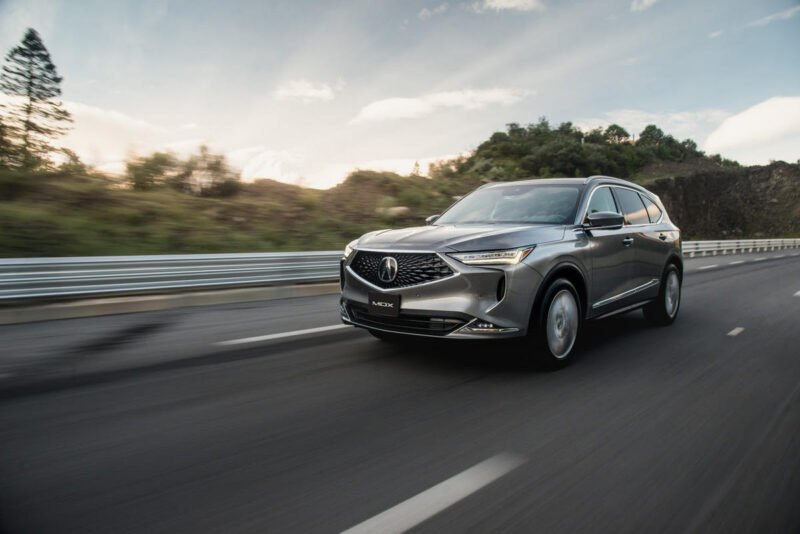Union Minister Nitin Gadkari has urged carmakers to discourage production and sale of diesel cars and promote other technologies to scale back vehicular pollution. Gadkari, while addressing a conference organised by auto industry body SIAM on Wednesday, said carmakers should spend more fund to seek out alternatives to diesel in an attempt to curb carbon emission.
Gadkari said, “”I appeal the vehicle manufacturers to discourage the assembly and sale of diesel vehicles. Diesel-based pollution is extremely hazardous to the environment and human health. The industry must promote alternative fuel technologies and fund R&D (research and development) for alternative fuels.”
Gadkari’s remarks came after he made his intentions clear with proposal to introduce flex-fuel engines, that supports ethanol-blended petrol as fuel. The Centre has already finalised the deadline before achieving 20 per cent ethanol-blending with petrol.
Gadkari said the govt is committed to delivering vehicles with flex engines that give the users an choice to run a vehicle on either 100 per cent petrol or 100 per cent bio-ethanol. “”The technology is quickly available, and it’s just a matter of your time to require that leap which can transform the transport landscape of India forever,” he added.
Gadkari expects the carmakers in India to roll out E20-compatible vehicles as soon as possible to supply customers with more choice. E20 may be a blend of 20 per cent ethanol and 80 per cent petrol. “This are going to be immensely helpful in cutting our import bill and giving an immediate benefit to our farmers, without a compromise on the environment,” he said.
Among the alternatives, Gadkari has already spoken at length on benefits of hydrogen cell vehicles which his ministry is exploring its prospects. “Green-hydrogen is that the fuel for the longer term . we’d like to seek out appropriate technologies for its generation, transportation and storage,” he said.
Gadkari also said that to form electric vehicles a more viable option for patrons , there’s a requirement to develop low-cost indigenous battery technologies. “Development of charging infrastructure is extremely important for EV adoption,” he said.
He also stressed that carmakers should specialise in meeting international standards in terms of crash safety, body designs and company average fuel efficiency (CAFÉ) Norms for vehicles sold in India.


















